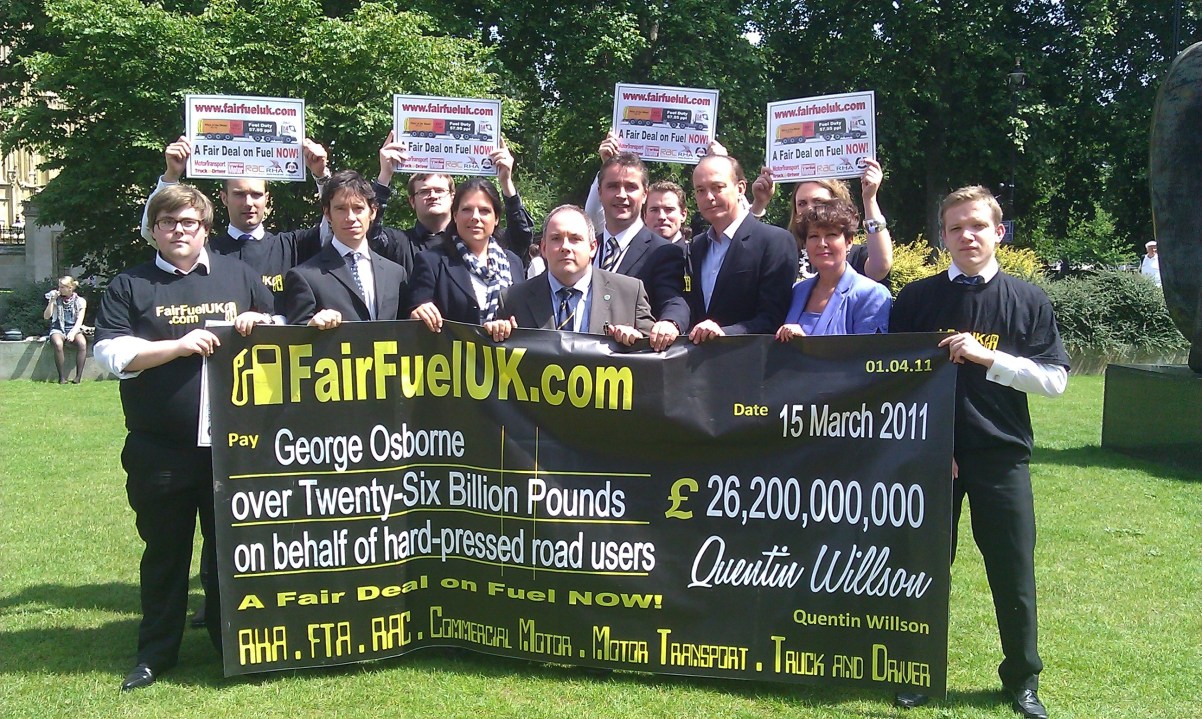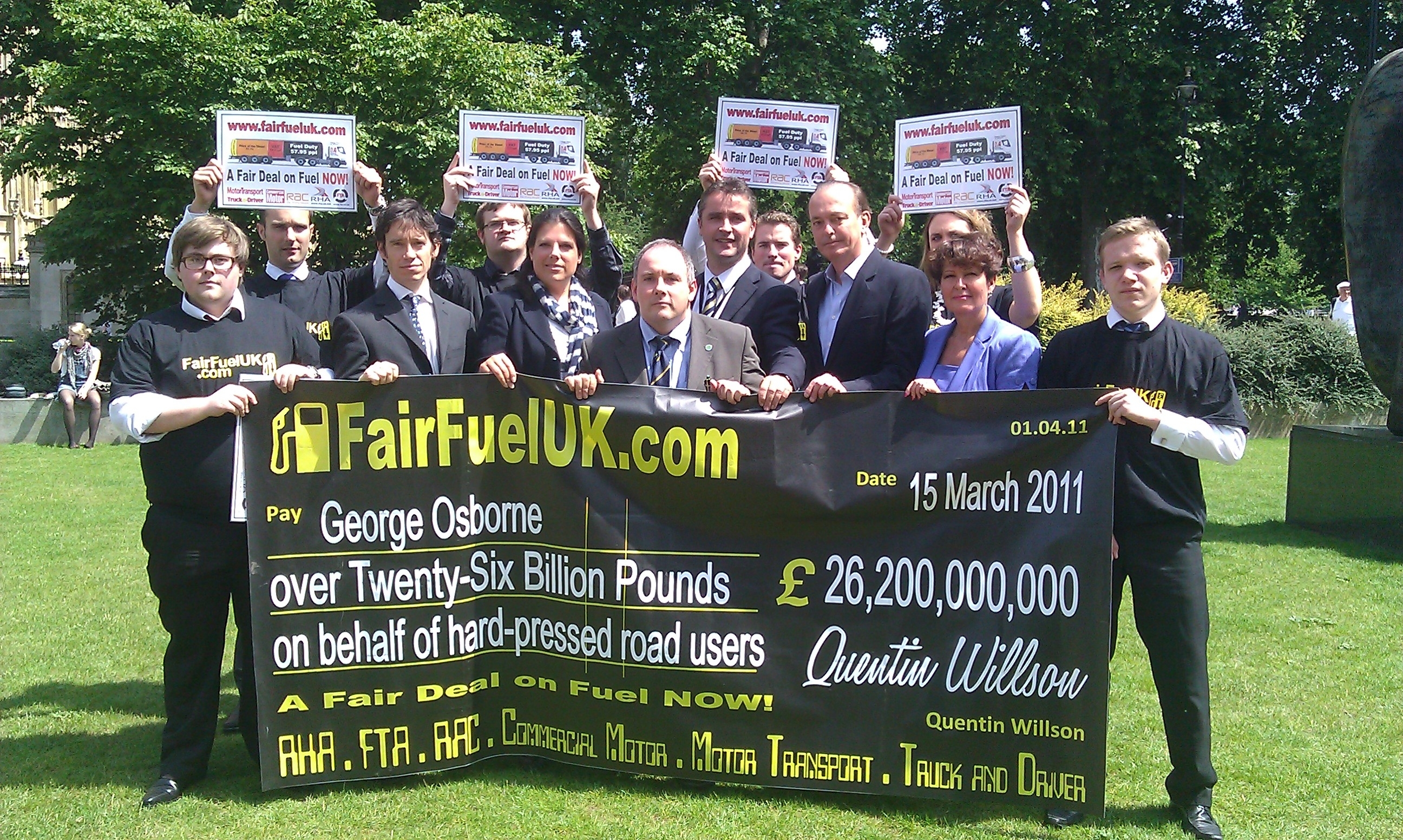
Away from the clamour in the chamber over the bowdlerisation of the NHS reforms, a group of MPs led by Robert Halfon convened in Westminster Hall earlier this afternoon to debate how rising fuel costs might be abated. Treasury minister Justine Greening attended for the government.
With the average price of unleaded at 136.9p/litre and diesel at 141.5p/litre last month, fuel costs are now a major concern for ordinary families. According to the campaign group Fair Fuel UK, who are working with the MPs, the average motorist who has to drive to work spent £33/week on petrol last year, taken from median pre-tax earnings of £499/week in 2010. With inflation now rampant, this burden is becoming unsustainable for many.
Campaigners implore that it needn’t be so. Research by the AA suggests that many oil companies do not pass on falls in the wholesale price of oil to the consumer. The MPs insisted that there should be greater transparency in the oil industry to ensure that consumers are protected and the activities of rapacious oil companies better regulated. The attraction for the government is that the MPs want windfall taxes to be placed on oil companies’ profits if they do not cut pump prices in line with wholesale prices. On the other hand, the MPs are pressing for a guarantee from the Chancellor that fuel duty will remain frozen throughout this parliament. According to the Office for Budegt Responsibility, fluctations in duty of 1p cost or benefit the Exchequer £500m. Duty is due to rise next January.
Interestingly, this small campaign was covered in all of the major tabloids today. The mass appeal of fuel prices encouraged Ed Balls to concentrate on the subject in the prelude to the Budget, which perhaps forced George Osborne to cut duty by 1p. Osborne may have to repeat the trick because it is surely just a matter of time before Balls alights on Halfon’s campaign.







Comments